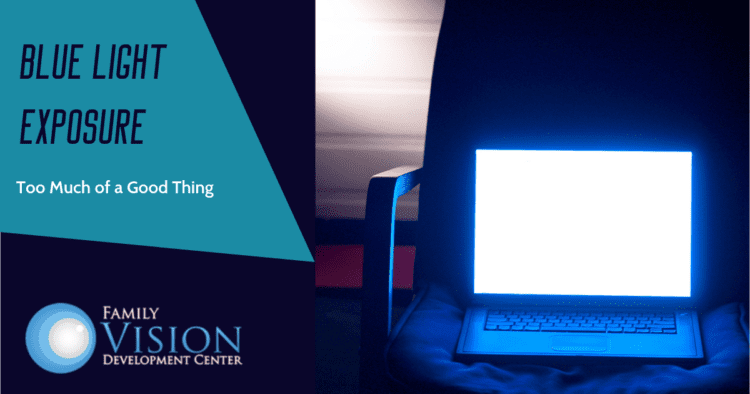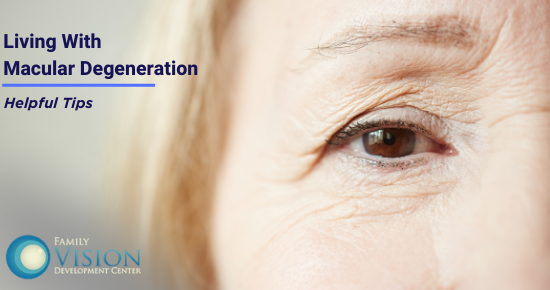

The Surprising Effects of Blue Light Exposure
Blue light is produced naturally by the sun and is also generated by computer monitors, smartphone screens and other digital devices. Although the light has some beneficial effects, exposure can increase your eyestrain risk and even affect your central vision.
What Is Blue Light?
The rays of the sun may appear to be colorless, but they’re actually made up of red, blue, orange, yellow, green and violet hues. Blue rays emit higher amounts of energy, and therefore they’re more likely to affect your eyes.
Much of your exposure to blue light comes from the sun, but you can’t avoid exposure simply by staying indoors. In addition to computer monitors and smartphones, it is produced by tablets, LED and fluorescent lights, LED light from TVs and compact fluorescent light bulbs. Blue light plays an important role in maintaining the sleep/wake cycle, regulating your mood and keeping your memory sharp – but too much of it can keep you awake at night and can be harmful to your eyes.
Too Much Exposure Can Cause Eyestrain
If you have ever experienced blurred vision, headaches or burning, itching eyes after spending hours in front of a digital screen, it could be the result of prolonged exposure to blue light. Staring at electronic devices for extended periods of time can result in digital eye strain. This occurs when your eyes continually try to focus on a screen, which pulls at the eye muscles until they become fatigued.
Central Vision May Be Affected by Blue Light
Blue light penetrates all the way to the retina (the inner lining of the back of the eye) and can cause damage to the light-sensitive cells in the retina. Long-term exposure may increase your risk of developing age-related macular degeneration (AMD), which occurs when the retina deteriorates and results in vision loss in the center field of vision.
Blue light exposure can also pose a higher risk to those who have recently had cataract surgery. A cataract serves as a natural protective lens for the eye, so when the cataract is removed, your exposure increases and precautions should be taken to filter out blue light when possible.
Protecting Your Eyes From Blue Light
Some blue light is good, and necessary, as it can boost alertness, help with memory and cognitive function and elevate mood. However, too much is not good and the following precautions can help protect your eyes from excessive harmful blue light exposure.
- Buy a Filter – Adding a blue light filter to your screens can improve contrast and lower the amount of blue light that your eyes absorb.
- Take Breaks – Taking frequent breaks from your computer, tablet or phone helps lower your exposure and also gives your eyes a chance to rest. Breaks don’t have to be long. If your day is hectic, simply looking away from your computer for a minute or two every 20 minutes can be helpful.
- Try New Glasses – If you spend much of your day working on a computer, you may want to consider buying a pair of prescription computer glasses. The glasses block blue light, improve contrast and help reduce eyestrain.
- Consider Blue Light-Blocking Lenses After Cataract Surgery – Special lenses that reduce blue light transmission can be used in place of clear lenses after your cataract surgery.
Family Vision Development Center in Aurora assists in providing important information regarding the safety of your eyes, as well as providing crucial services such as comprehensive eye exams that indicate vision conditions like AMD, vision therapy services to treat certain disorders and a wide selection of prescription glasses to effectively correct your vision. Contact us at 630-862-2020 to schedule your appointment or learn more about our practice here: https://www.fvdcpc.com/about/

